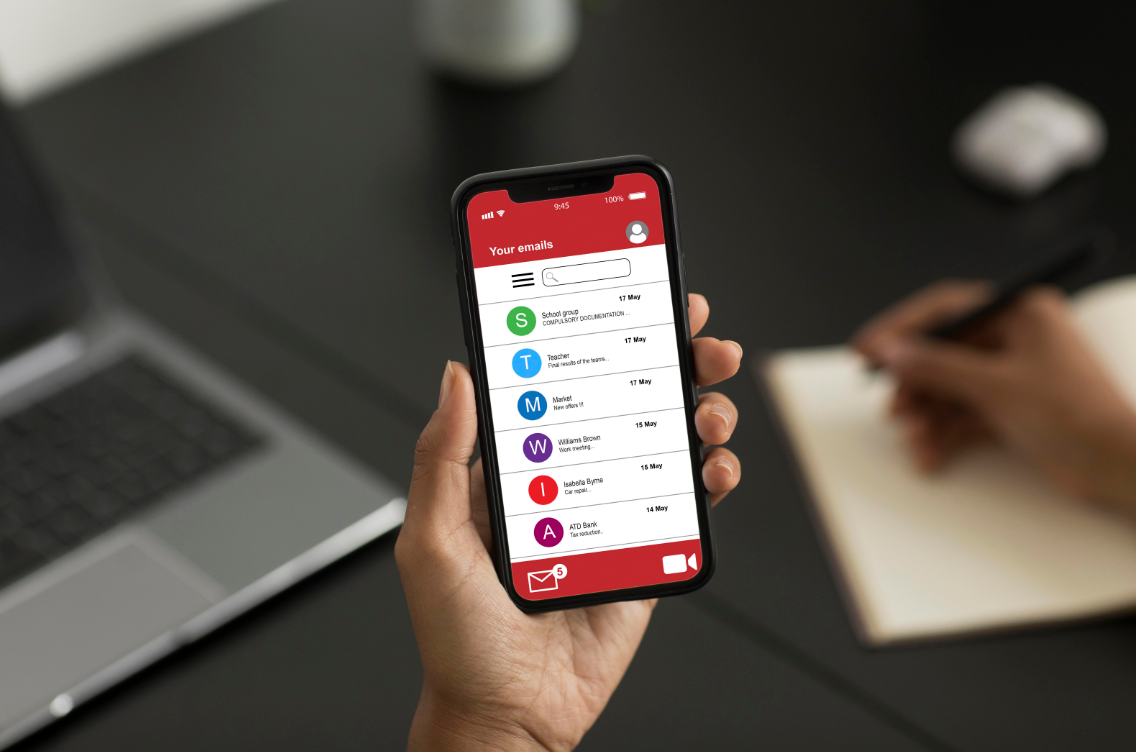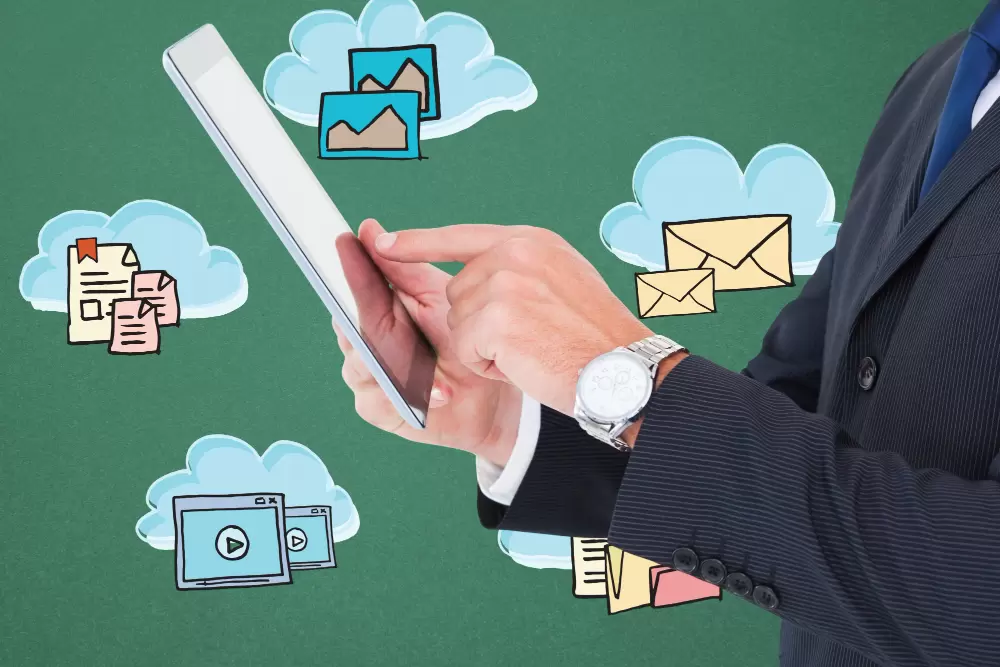In the digital age, relying on smartphones throughout the day is an easy (and sometimes necessary) choice. From alarms and map navigation to calendar reminders and even social media, smartphones can be tools for efficiency and entertainment. But when we’re not careful or cognizant of daily usage, smartphones quickly consume our time and affect productivity.
According to recent data, the average American spends up to five hours per day on screens and checks notifications up to 63 times a day. This adds up to a substantial amount, especially when we have other tasks to manage.
The question becomes: How can we integrate phones into our daily lives and boost productivity at the same time?
If you’ve ever felt like your smartphone is capturing too much of your attention, hope is not lost. By following the tips below, you can reclaim the productive parts of your day and make your phone work for you — not against you.
Tip 1: Take Advantage of Automations
No matter how comfortable users are with smartphone technology, it’s all too easy to pick up the phone for a specific need and get lost in other distractions. That’s where automations come into play.
Let’s say you play a particular song every day on the ride home from work, or you always set an alarm to remind you to let the dog out in the evening. If you’re an iOS user, you can use the Shortcuts app to complete these tasks on autopilot.
If you’re interested in automations but don’t have time to build them yourself, you can find plenty of inspiration on the Internet or by using the Gallery option within Shortcuts.
Tip 2: Use Airplane Mode
One quick tip for staying on task throughout the day is putting your phone in airplane mode. Airplane mode is a quick hack to block incoming notifications you would otherwise receive if your cellular service or Wi-Fi were enabled.
Airplane mode is standard across many smartphones, including Apple iPhones and Android devices. You can locate this setting from your phone’s home screen and turn it on and off easily based on need. Proponents of airplane mode enjoy the ability to keep phones nearby (in case of emergencies) while still being able to focus on people, tasks, and even sleep. If you’re an iPhone user and you’re not keen on switching to Airplane Mode, try Focus mode instead. This function was released with iOS 15 and allows you to filter notifications based on what you’re doing, be it sleeping, working, driving, and more.
Tip 3: Rearrange Apps To Work for You
There are thousands of app options on the Apple Store and Google Play, which makes it tempting to download a bunch at one time. Chances are good, however, that you only use a small percentage of the app downloads you have on your smartphone.
Did you know that the presence of so many options could work against your productivity goals? For instance, if you’re particularly tempted to open Facebook every time you’re in a work meeting, having it in the number one spot on your home screen won’t help.
Rearrange your apps into organized categories, and place the least tempting ones on the first page. By doing so, you’ll have to take extra steps or swipes to get to those that decrease your focus or concentration. Regularly remove apps that you no longer need or use.
Tip 4: Measure Your Time and Activity
If you want to increase productivity, knowing how much time you spend per app (or even just unlocking your device) is helpful. While most phones now have pre-installed screen time trackers, you can also download time management apps like Digital Wellbeing and Social Fever. These tools are specifically designed to record time spent on certain actions so that you can dial back your activity whenever you identify a problem.
Tip 5: Practice Distance
There’s no denying that many phone users feel the need to be “plugged in” at all times. It’s fairly normal to feel like you’re missing something critical when you leave your phone behind. After all, smartphones offer the reassurance that we’ll be able to call if we ever need help.
Although screen time is acceptable in healthy doses, it can quickly spiral out of control. That’s why experts recommend a healthy distance from your phone when you need to knock out tasks without feeling pressured to check those little red notification badges.
Make it simple: when you need to focus on an important chore or task for your family, leave your phone charging in another room.
Why Is Smartphone Productivity Important?
Using our smartphones wisely ensures that we keep our mental and physical priorities in check. It’s easy to get caught in a cycle of endless scrolling and forget that our brains need uninterrupted time for doing optimal work. Some psychologists refer to this level of concentration as “a state of flow,” which is crucial for sticking to a task and following through.
Responsible smartphone use is also essential, as it keeps us from developing addictive behaviors that lead to poor decisions during important tasks. For example, the National Highway Traffic Safety Administration reports that over 3,000 driver deaths were caused by improper cell phone usage in 2020 alone. Distraction can literally become life or death, and it’s wise to set (and keep) healthy boundaries.
Not only that, but smartphone productivity also sets a positive example for younger smartphone users, like children and teenagers, who may exhibit the mental health side effects of smartphone addiction more readily.
Reclaim Your Productivity
The acceptable amount of daily screen time is a personal choice, and it’s one that’s often dictated by work responsibilities, practicality, and social relationships. But if you remember one thing, it should be this: You can control your phone usage, and the process doesn’t have to feel impossible.
By using pre-installed productivity tools and carefully considering how much time you really want to spend on that little glowing rectangle, you’ll be on your way to more productive days. Allow this to be a process that challenges perceptions, defines your productivity mindset, and allows you to build a healthier relationship with technology.
Author Bio:
This article was written by experts at PhoneX. PhoneX is software for mobile device distributors and wholesalers to get a neverending supply of phones and sell them around the clock.


 Table of Content
Table of Content










